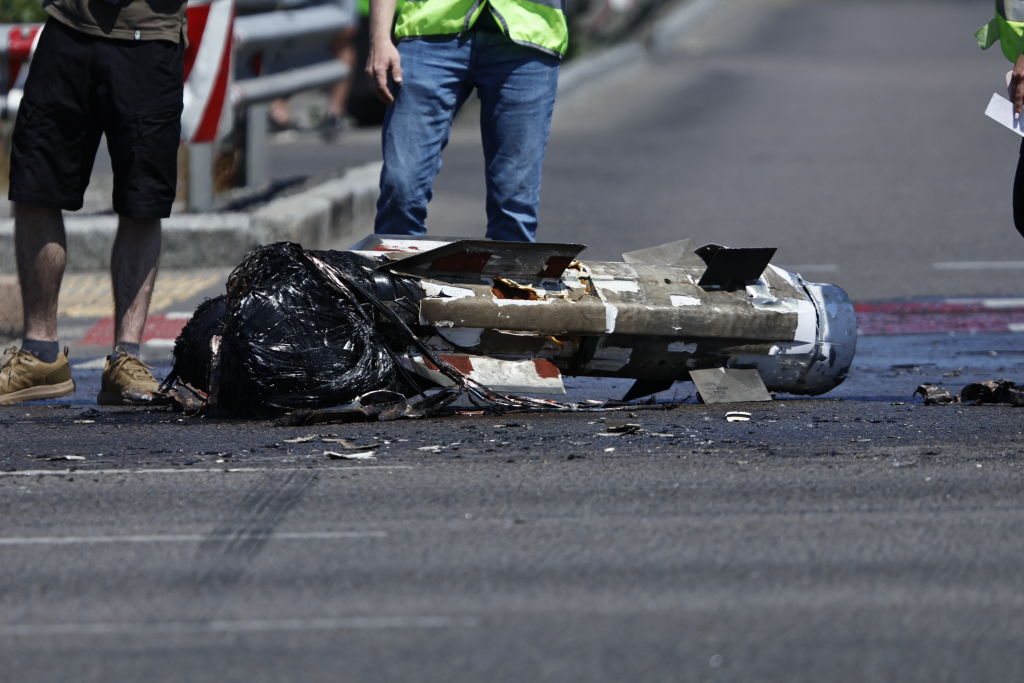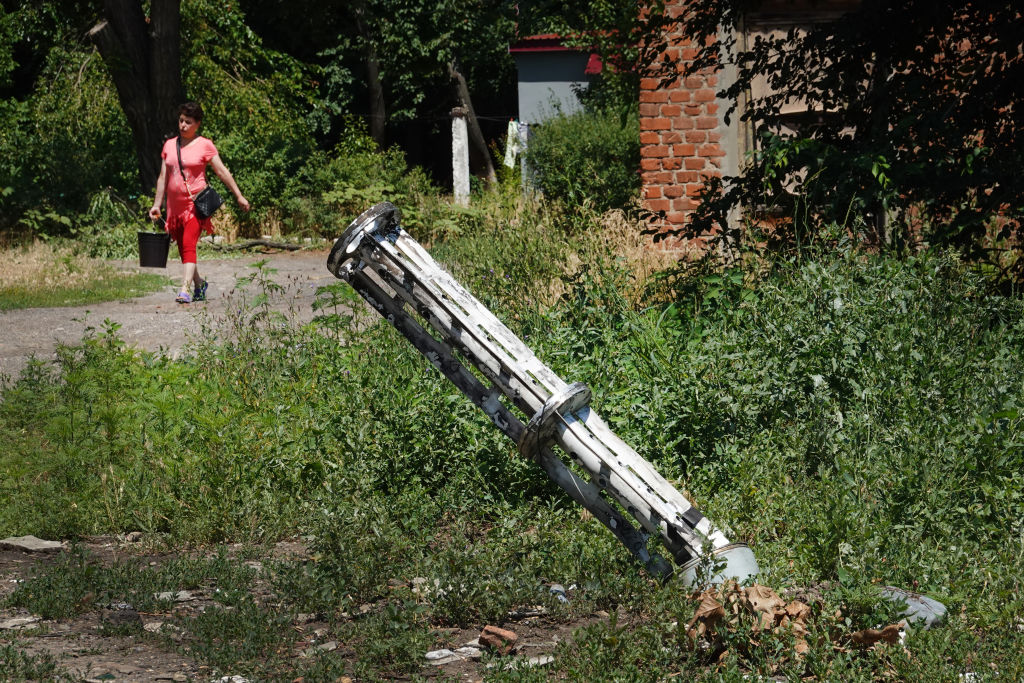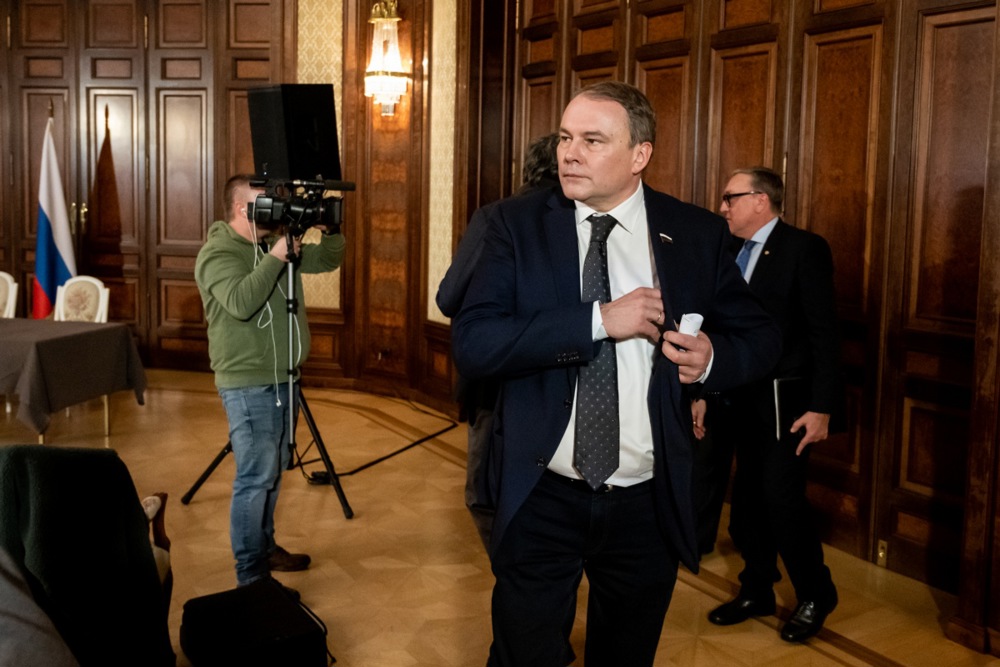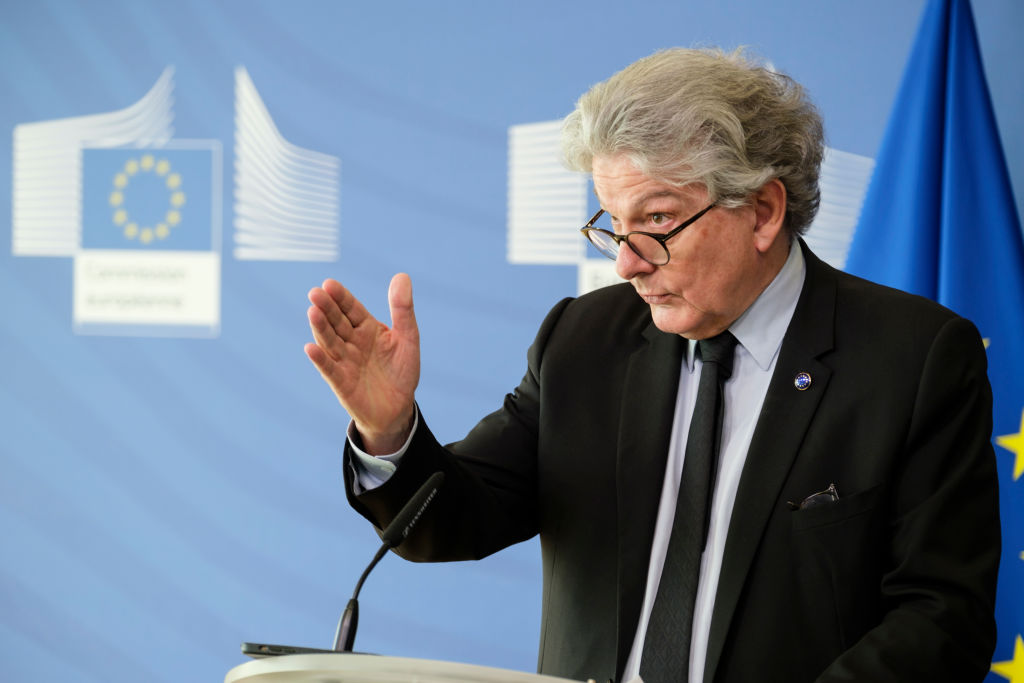Russian journalists in exile will receive “psychological support” funded by the EU taxpayer, the European Commission said on July 17.
The support will be offered as part of a wider project aimed at aiding “independent” Russian journalists, a move the bloc has claimed will help in the fight against “disinformation”.
Labelled the Free Media Hub EAST project, the initiative will provide support to Russian commentators in Europe who are critical of Moscow, in the form of financial grants, logistical support and undefined psychological aid.
The project will be run by the Prague Civil Society Centre, an organisation that claims to help journalists “push back” against “authoritarian rulers” in Eastern Europe who “aim to liquidate civic engagement and independent media”.
A spokesperson for the EC confirmed to Brussels Signal that the project is set to cost €3 million, with the EU expected to fund up to 95 per cent of the hub’s total costs.
Eurocrats have billed the proposal as a way of fighting back against Moscow propaganda, with EU officials insisting that these journalists in exile will be able to provide “truthful” information regarding Russia’s dealings at home and abroad.
“To fight the Kremlin’s war propaganda, we need independent media telling the truth about Russia,” the EC’s values and transparency tsar Věra Jourová said in a press release.
She went on to add that not only did the EU have a “moral duty” to support the favoured journalists but that it was also within the bloc’s “strategic interest”.
The EC’s internal market chief — and “fake news” critic — Thierry Breton also voiced support for the project, claiming the hub would result in “independent” journalism that would be “produced without any editorial interference”.
“Russian independent media and civil society play an important role in ensuring the continued flow of factual information to Russian-speaking audiences and countering Russian state disinformation,” he said, arguing that the content produced would help the EU to “fight Russian propaganda”.
The Prague Civil Society Centre at the centre of the project is supported by a wide variety of both public and private bodies.
According to the organisation’s website, it receives funding from the EC as well as the governments of Sweden, the Czech Republic, the UK, the US and Finland.
It is backed by civil rights organisations including the UK’s Oak Foundation, the US-based Wellspring Philanthropic Fund and the Brussels-based King Baudouin Foundation.





